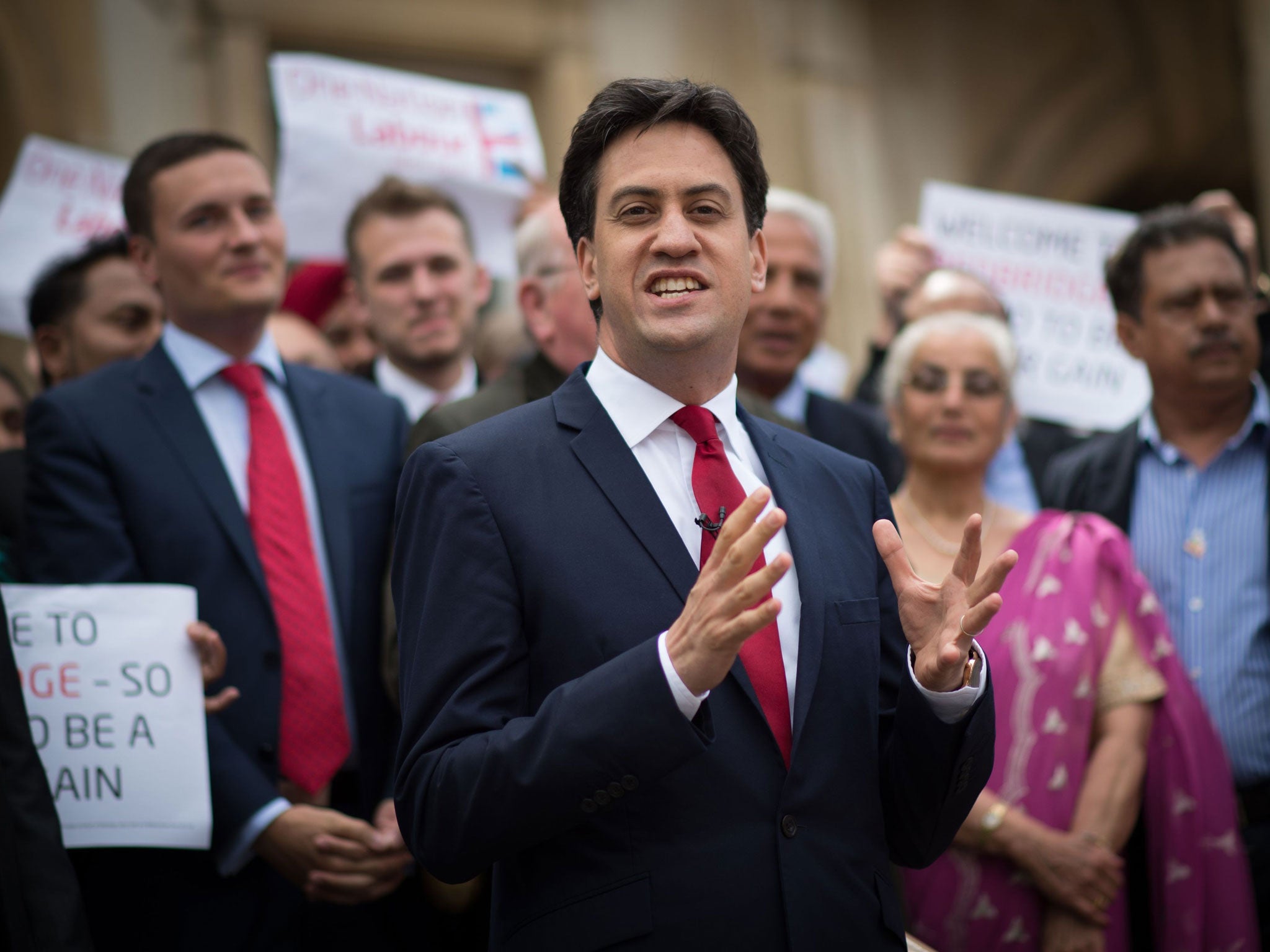Memo to Labour: Hold the champagne
Labour have done in the latest elections but have failed to connect to the public

Your support helps us to tell the story
From reproductive rights to climate change to Big Tech, The Independent is on the ground when the story is developing. Whether it's investigating the financials of Elon Musk's pro-Trump PAC or producing our latest documentary, 'The A Word', which shines a light on the American women fighting for reproductive rights, we know how important it is to parse out the facts from the messaging.
At such a critical moment in US history, we need reporters on the ground. Your donation allows us to keep sending journalists to speak to both sides of the story.
The Independent is trusted by Americans across the entire political spectrum. And unlike many other quality news outlets, we choose not to lock Americans out of our reporting and analysis with paywalls. We believe quality journalism should be available to everyone, paid for by those who can afford it.
Your support makes all the difference.These elections were always going to be about how well Ukip would do. And pretty well is the answer. But that’s as far as it goes. I agree with John Rentoul: this is probably Ukip’s zenith.
They’ve had a fair old run; but reality now bites. Next year they face a far more serious poll, where they may well remain outside parliament, along with their leader.
Of course, that's only if the increased scrutiny on their personalities, policies and party discipline does not lead to the whole thing unravelling, as it almost has at times during this campaign.
But Labour might also pause to reflect why some of their own former voters, not just former Tory supporters, are apparently opting for Ukip.
I'm talking of course about the “white working class”. We might argue that the metropolitan Labour overlooked this threat until yesterday, where the clear trend in Ukip’s gains was towards urban areas.
On the other hand, this white working-class group contains those who may also, quite justifiably, be fed up with the dodgy politics Labour often plays with Britain’s ethnic communities.
So you can begin to see the appeal of Ukip's siren song: “everyone seems to be getting a piece of the cake, except you.”
While its activists shoot in a slightly amateurish way, we could still avoid loading their guns for them.
And so to Labour itself. We have done respectably, maintaining a modest lead over the Tories; more than respectably in London. Well done us.
However, to the world in general, “traditionally left-wing city remembers it’s left-wing after six years of Boris” is not as barnstorming a headline as we might hope.
We might also reflect on whether, with Livingstone’s departure, some electors might happily feel they no longer have to hold their noses when voting Labour.
Outside London we needed to raise our game, but didn’t. And then there is the question of what bearing this has anyway. These are protest polls; a lame turnout of 36%. They do not reflect with the remotest accuracy how people will vote in a general election.
Nationally, the Times reports there are “knives out” for Miliband. While some changes are surely required, it’s also clear that Labour would be stupid to try and change its leader, less than twelve months from an election. But the overall prognosis is poor.
There was an obvious protest against an incumbent government. But there is also clearly a split in those protesting: those who genuinely see Labour as the solution (or, at least, the least worst option) and those who are so fed up of all major parties that they vote UKIP, Green and so on.
A winning party needs to have united a critical mass of those protesters behind it; Labour has successfully managed this in the past, but not today.
It could do again, but time is clearly running out; an opposition poll lead traditionally shrinks approaching a general election. Furthermore, as Atul Hatwal notes, the party is capable of a self-delusion over its own performance.
The truth is this: we seem to have exchanged, somewhere along the way, what we should be aiming towards – a poll lead which inspires confidence in victory – for grabbing whatever we can get.
Our longer-term political strategy, such as it is, appears not to be resonating sufficiently with the electorate. Take away that resonance, and what we now see is one last, slightly desperate roll of the dice. To the outside world, I suspect this is not an attractive sight.
Join our commenting forum
Join thought-provoking conversations, follow other Independent readers and see their replies
Comments